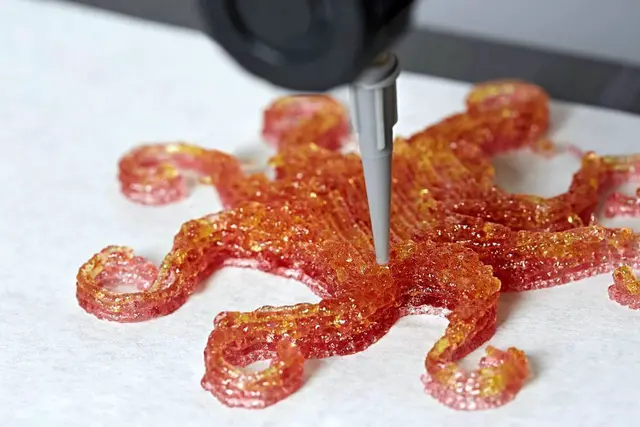South Korean President Park Geun-hye said that she was open, in principle, to summit talks with Kim Jong Un, top leader of the Democratic People's Republic of Korea ( DPRK), indicating a conciliatory gesture toward Pyongyang to improve relations between the two Koreas.
"I have a position that I can meet (with Kim Jong Un) at any time, if necessary, for the development of inter-Korean relations or peace on the Korean Peninsula,"Park said in an interview with French daily Le Figaro that was published on Saturday, according to the presidential office Cheong Wa Dae.
Park stressed that sincerity would be the most important precondition for the summit talks with Kim, reiterating that dialogue for dialogue's sake or talks for a one-off event should be avoided.
Park arrived in Paris, the first leg of her first European tour since her inauguration in February, last Saturday. Park will meet with French President Francois Hollande on Monday, before traveling to the UK. for the parliamentary address and talks with her counterpart David Cameron.
Regarding her remarks, Unification Ministry spokesman Kim Eui- do told reporters Monday that Park unveiled her position, in principle, about the potential summit talks with the DPRK leader, noting that the government was not mulling a change in its policy toward Pyongyang.
Despite his denial, signs emerged that Seoul was moving intermittently to a conciliatory posture from the initially confrontational one.
After the DPRK unilaterally delayed the reunion of families separated by the 1950-53 Korean War, inter-Korean ties turned frosty, with talks about resuming tour to the scenic Mount Kumgang resort postponed and dialogue on introducing Internet connectivity and using mobile phones in the Kaesong industrial complex in limbos.
On Oct. 22, Unification Minister Ryoo Kihl-jae told foreign correspondents that the government had an intention to resume the tourism project, saying that Seoul had never talked about its reluctance to restart the tour. A day later, Ryoo met with South Korean entrepreneurs who invested into the Mount Kumgang resort, marking the first face-to-face contact in five years.
Pyongyang had called for the rapid resumption of the joint tourism project in exchange for the agreement on the aborted family reunion. The DPRK agreed to reopen the Kaesong industrial zone in anticipation of the restarting of the Mount Kumgang tour.
The tour to the Pyongyang's scenic mountain resort, launched in 1998, was halted in July 2008 when a South Korean female tourist was shot dead by a DPRK soldier for venturing into an off-limit area. Seoul has repeatedly called for guarantee on the personal safety of tourists as conditions for resuming the long-suspended tourism project.
Ryoo told lawmakers last Friday that the government was weighing various considerations about lifting the so-called May 24 measures against the DPRK, boosting expectations for a shift in Seoul's policy toward Pyongyang.
South Korea imposed the May 24 sanctions, which have virtually prevented an expansion of economic exchange between the two Koreas, against the DPRK in 2010 after the South Korean Navy corvette Cheonan sank in waters near a western sea border with the DPRK.
The Seoul-led multinational investigation team said that it was a torpedo attack by Pyongyang, but the DPRK has repeatedly denied its involvement in the incident, in which 46 South Koran sailors aboard were killed.
Touching on Ryoo's comments, spokesman Kim said that the government was not reviewing the lifting of the sanctions right now.
Meanwhile, President Park showed her hard-line stance on the DPRK's nuclear ambition. Park said in the interview that it was like"chasing rainbows"for the DPRK to push ahead with economic development, while sticking to its nuclear and missile development.
The DPRK as a nuclear power will never be accepted in any case, Park said, noting that Seoul will make dialogue efforts to persuade Pyongyang to give up its nuclear arms program.
 简体中文
简体中文

